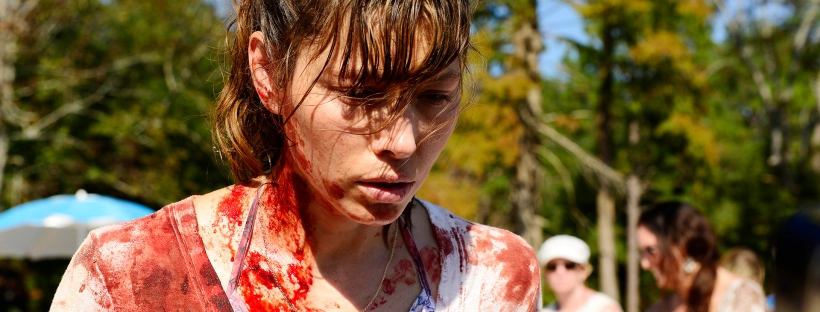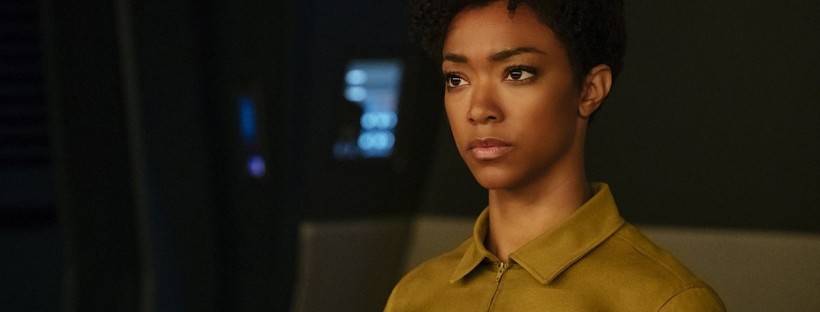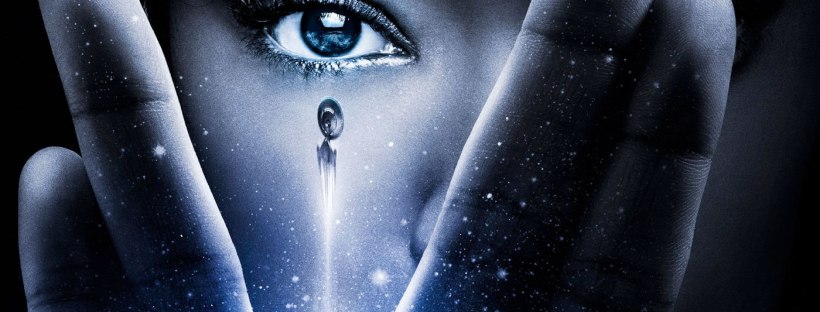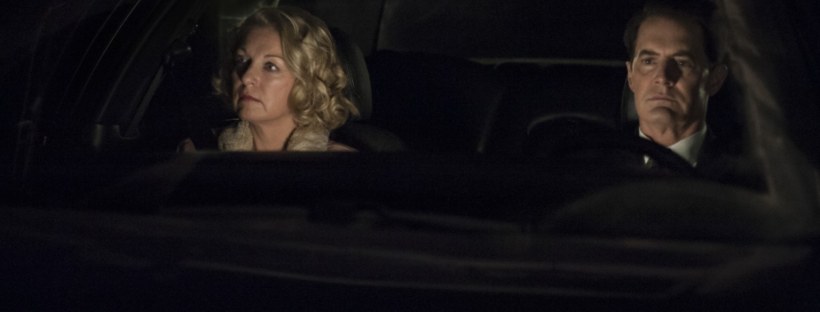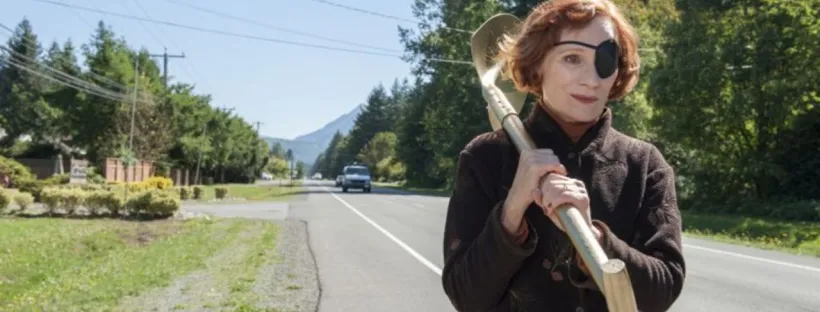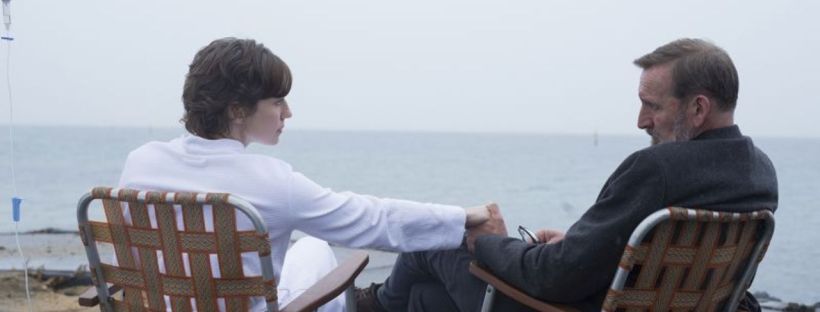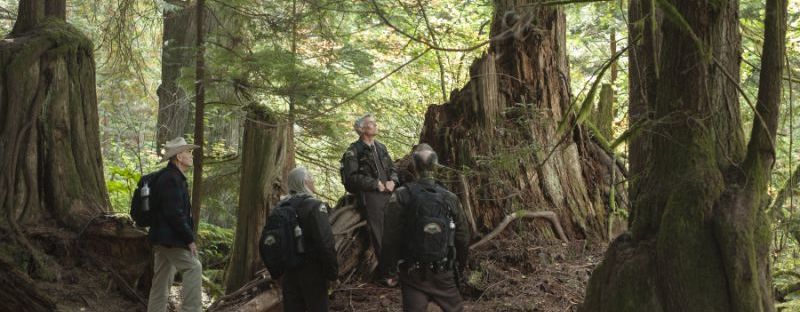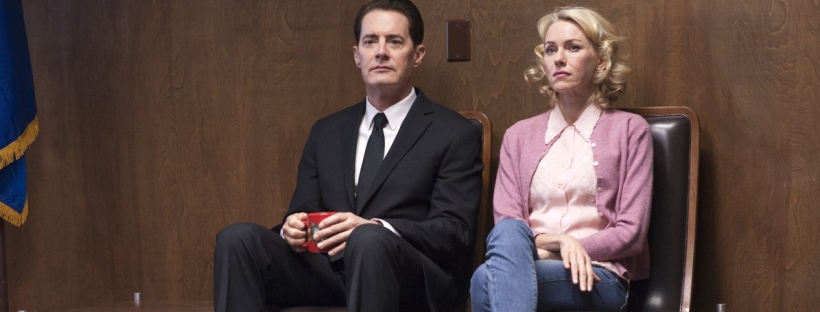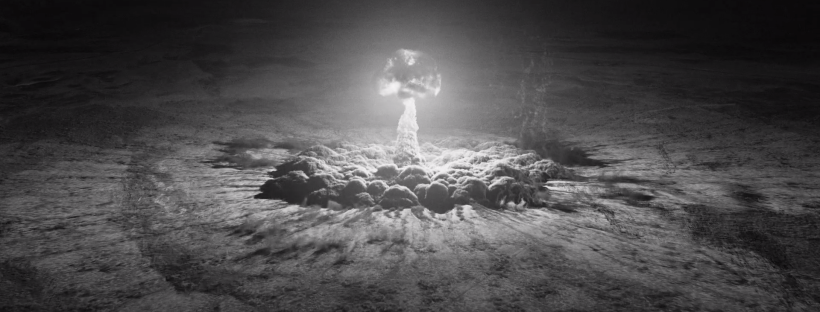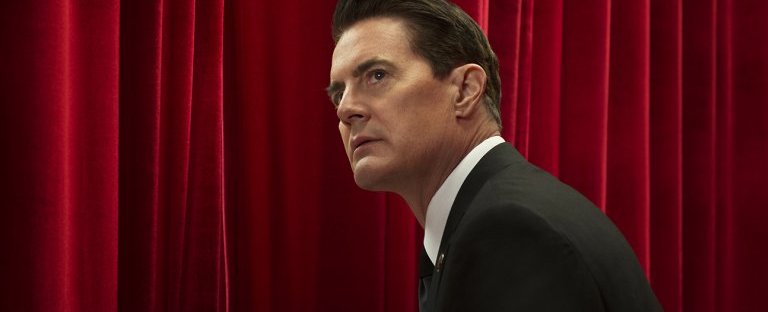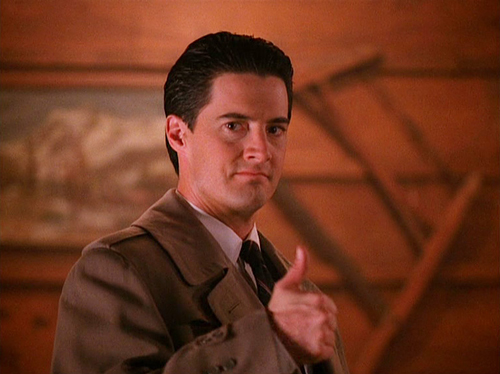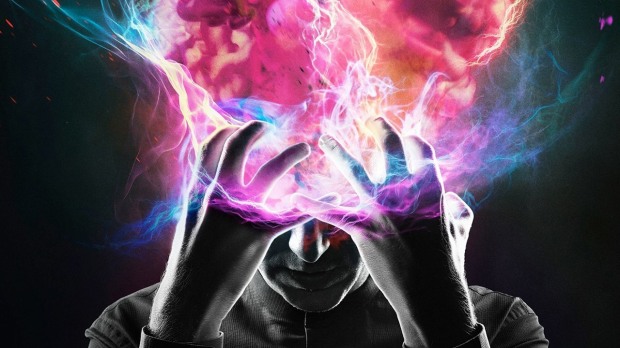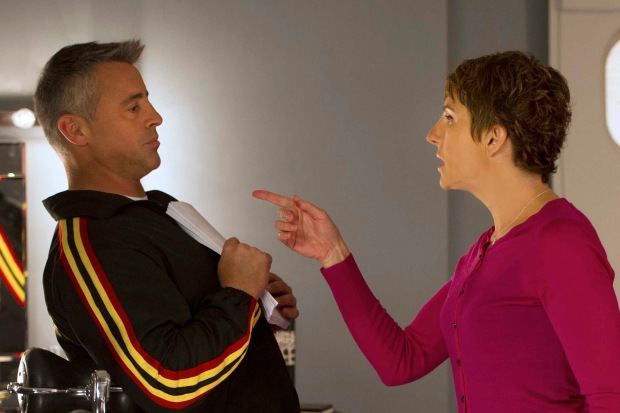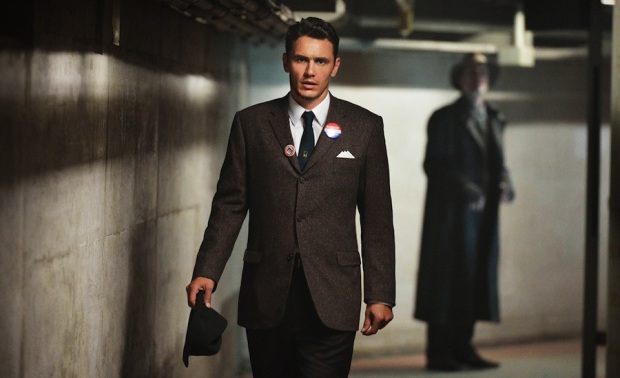The Sinner is rightly billed as a whydunnit rather than a whodunnit, a welcome twist on the usual crime mystery. But it’s more than just a novel shift in format: this is a comprehensive and painful exploration of trauma and how it perpetuates further destruction, delivered as a captivating detective show.
Jessica Biel returns to television as Cora Tanetti, a small-town mother who inexplicably stabs a man to death on a beach in full view of witnesses. She doesn’t know who he is or why she did it. Despite Cora being otherwise stable and lacking motive, most of the police chalk it up as a simple murder and move on. All except detective Harry Ambrose (Bill Pullman), who can’t dismiss it so easily.
